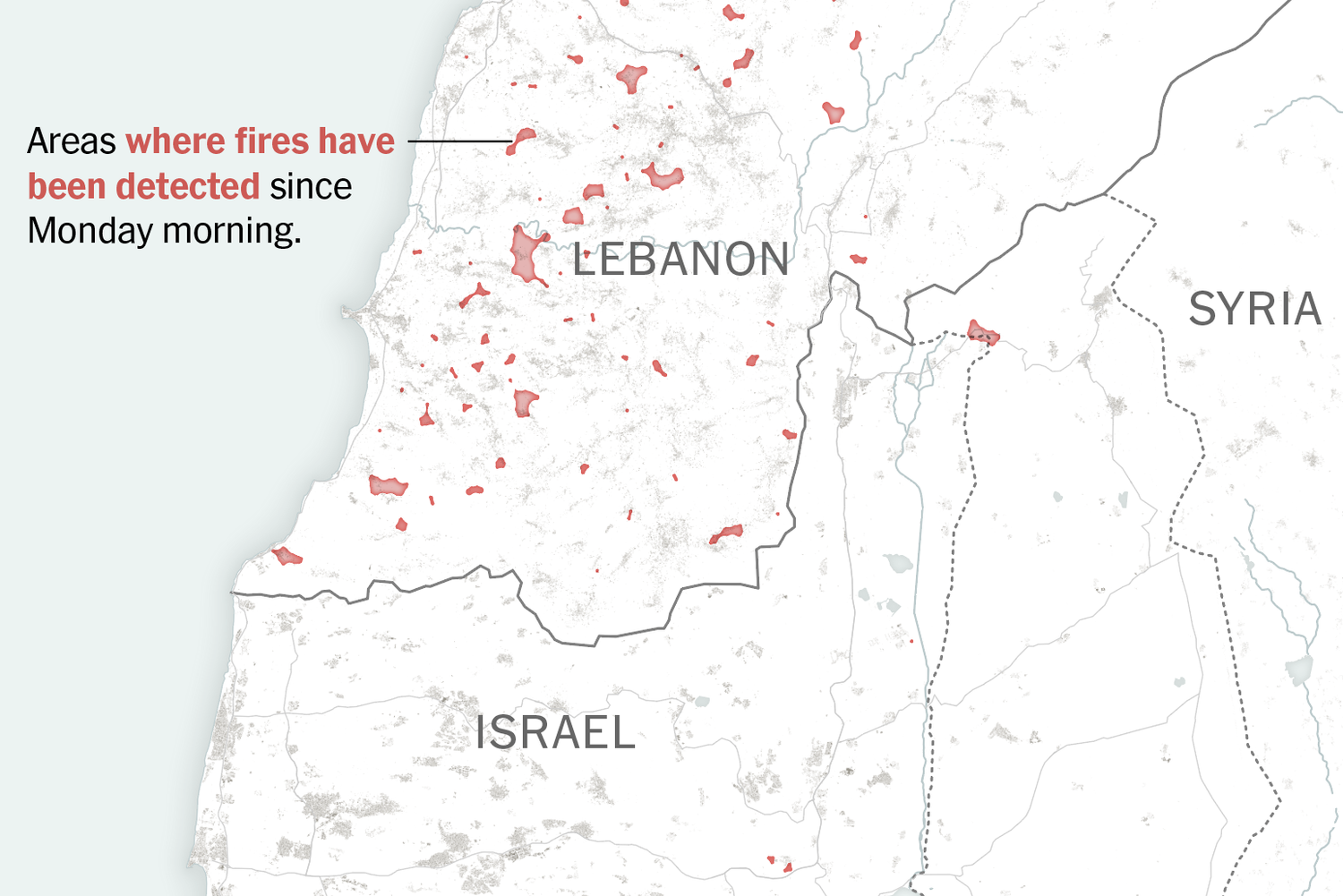The Minister for Power, Sardar Awais Leghari, has announced that Pakistan is in the process of renegotiating deals with Independent Power Producers (IPPs) in order to share good news about mutually agreed revised deals with the public in a few weeks. The task force working on this issue is close to reaching a conclusion.
During a policy statement before the Senate Standing Committee on Power, Leghari emphasized that the government will not unilaterally revise deals with IPPs. He mentioned that the task force, which involves various government entities, has been analyzing power generation units, including government-owned power plants’ Return on Equity (RoE) and is working on balancing payments along with other financial aspects.
The minister also highlighted the need to scrutinize the Operation and Maintenance (O&M) costs, fixed O&M, investments, technology, and other expenses of each power plant, as well as the unsustainable current level of electricity tariffs. Additionally, he addressed issues related to power plants using bagasse, prices of imported coal or furnace oil, and the costs of solar projects.
Pl, subscribe to the YouTube channel of republicpolicy.com
Furthermore, he mentioned the possibility of benefiting from cost reductions and stated that the government is exploring various options to achieve this. Leghari assured that the government’s review of RoE and O&M costs for all power projects has been completed and stressed that the processes are being conducted with the confidence of IPPs.
In addition to the renegotiation of power deals, efforts are being made to improve customer care in Distribution Companies (Discos), with the establishment of customer care centers similar to the 1122 emergency service. Legislators have also raised concerns about losses, theft, and corruption in certain Discos, prompting calls for further investigation.
The committee also discussed issues related to electricity distribution, load-shedding, and discrepancies in feeder rates, with a recommendation to organize data more systematically for better clarity.















